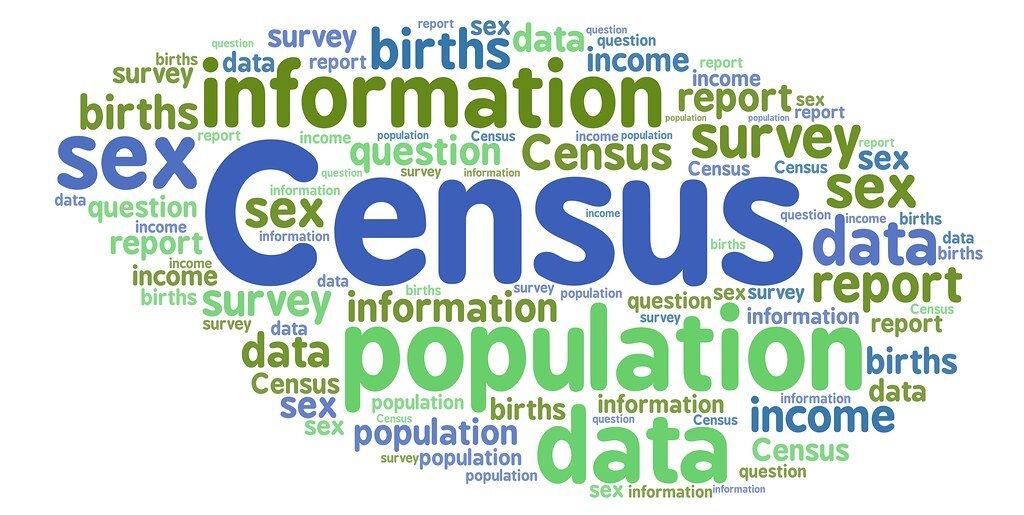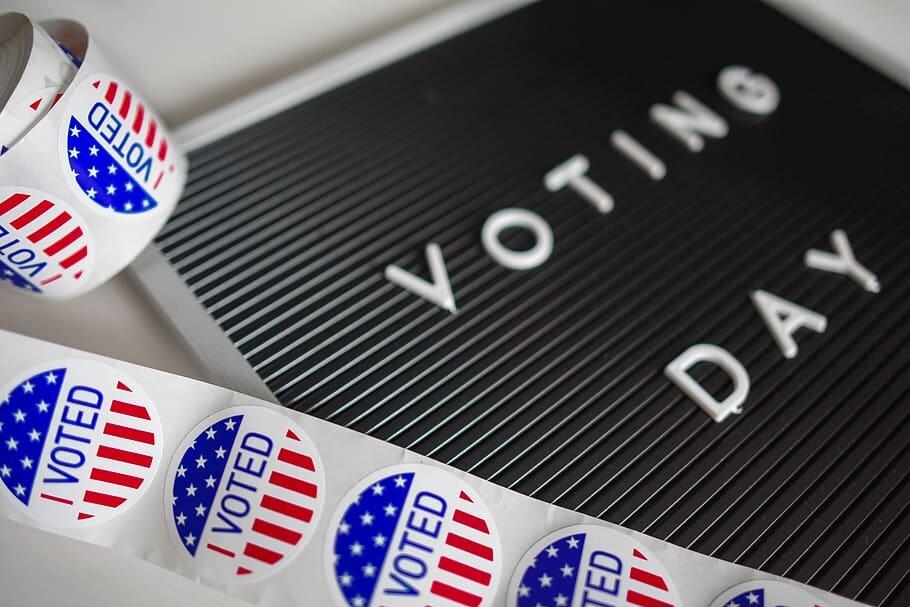Therapy: the word that people seem to whisper out of fear of judgment; that makes people shrink down and feel uncomfortable at the thought of it. The word that society seems to have turned into something negative; something that makes you appear to be less-than, “crazy,” or weak for attending. And wow, does that need to change.
Last year, when I moved to Whitworth, I developed quite crippling anxiety as a result of many parts of the transition. And one of the things that my parents suggested I do was make an appointment with a counselor, here at the Health Center. At first, I’ll be honest—I was hesitant. I was afraid that going to a counselor meant I was weak, and that I couldn’t handle things on my own, because I had always been the one who could handle whatever life hit her with. The strong one. But society had gotten into my brain and made me feel like I was weak for going to see a counselor and having a few consistent therapy sessions. And now, I see my friends being affected by those same predisposed beliefs, thinking that going to counseling means they’re failing at taking care of themselves or that they simply can’t do it, so it’s time we do something about that.
According to Psychology Today, despite the improvement of this stigma in recent years, approximately 60 percent of people continue to believe that those who struggle with mental illnesses are violent, and only about half the people with mental health difficulties will ever get some sort of help. Part of this is most likely due to expenses and lack of access to good care, but one can’t help but realize that part of it also has to be the stigma that continues to surround receiving care for mental illnesses. This means that there is a significant amount of people out there who struggle with mental disorders but are too afraid to receive care because of their fear of judgment; of feeling weak, or “crazy.”
There have been multiple instances where I’ve been talking to a friend about struggles they were going through, mental health-wise, suggested talking to a counselor, and immediately saw hesitation in their face and eyes. People hesitate when they hear the thought of going to therapy to work through their problems, because they feel like the fact that it’s even being suggested to them, means that they’re weak and are failing to get through it on their own. As a psychological scientist, Patrick W. Corrigan of the Illinois Institute of Technology said after conducting a report focused on the stigma around mental health, “The prejudice and discrimination of mental illness is as disabling as the illness itself. It undermines people attaining their personal goals and dissuades them from pursuing effective treatments.”
Society has, fortunately, improved over recent years in dissolving the stigma around mental health and the treatment options that come with it. It’s become a topic that’s much more openly discussed and considered by those with mental health issues, but it has not completely disappeared yet. It’s imperative that society continues to grow in the perceptions and beliefs it imposes on people about receiving treatment for mental illnesses because if it doesn’t, this world is just going to have more and more people whose lack of treatment makes their mental conditions worse. And that is not the direction we want the people of this world to be moving in.









